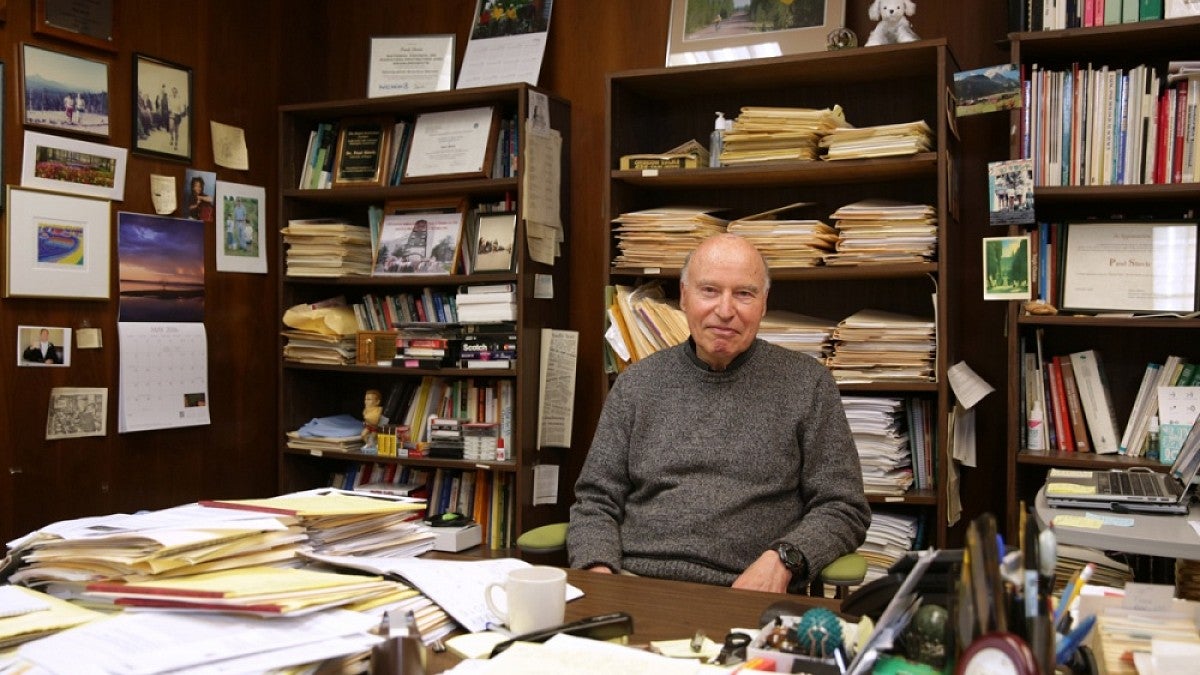The number of refugees in the world today, more than 65 million, is so large it’s nearly impossible to even imagine — so large that nobody can fully comprehend the pain, the suffering, the struggle of every individual.
And that’s where the research of UO psychology professor Paul Slovic comes in. He researches why, exactly, it’s so common for people to ignore mass suffering in the world. He described the effect, which he calls this effect psychic numbing, in a recent interview with Vox.
“The difference between, say, $0 and $100 feels greater than the difference between $100 and $200. If you’re talking about $5,800 and $5,900 — both seem the same, even though it’s still a $100 difference,” he said in an interview for Vox. “It means that there is no constant value for a human life, that the value of a single life diminishes against the backdrop of a larger tragedy.”
Slovic said he tries to use his research to change public behavior. He knows he can’t solve the problem himself, so he hopes his studies will inspire others to spur change.
For the entire interview, which touches on examples of psychic numbing at work and some results of one of his studies, see “A psychologist explains the hard limits of human compassion.”
Slovic has been at the UO since 1986 and currently serves as an advisor for student research projects. He is also a founder and the president of Decision Research, which is dedicated to helping people understand and cope with the complicated decisions in everyday life. It consists of 12 research scientists spanning four countries.


